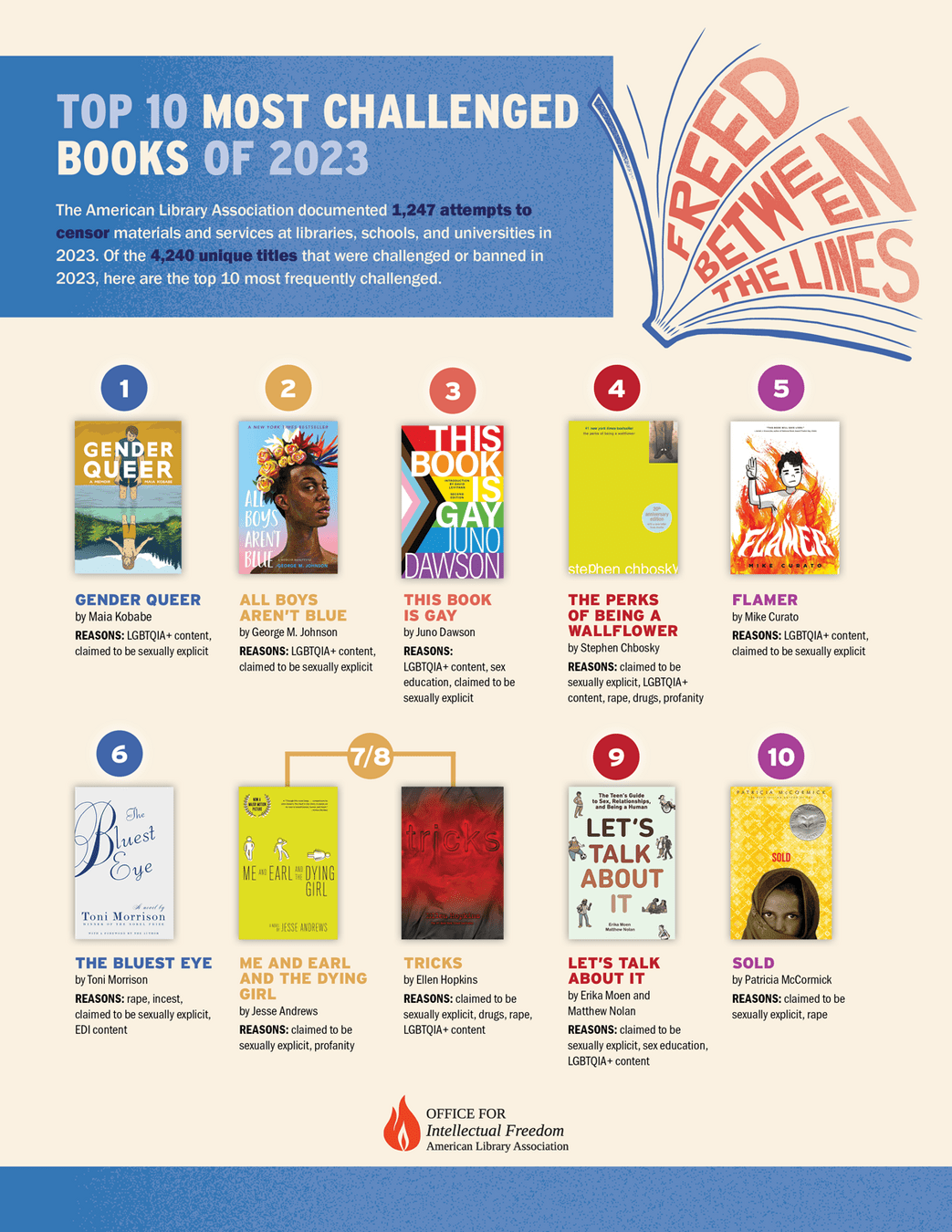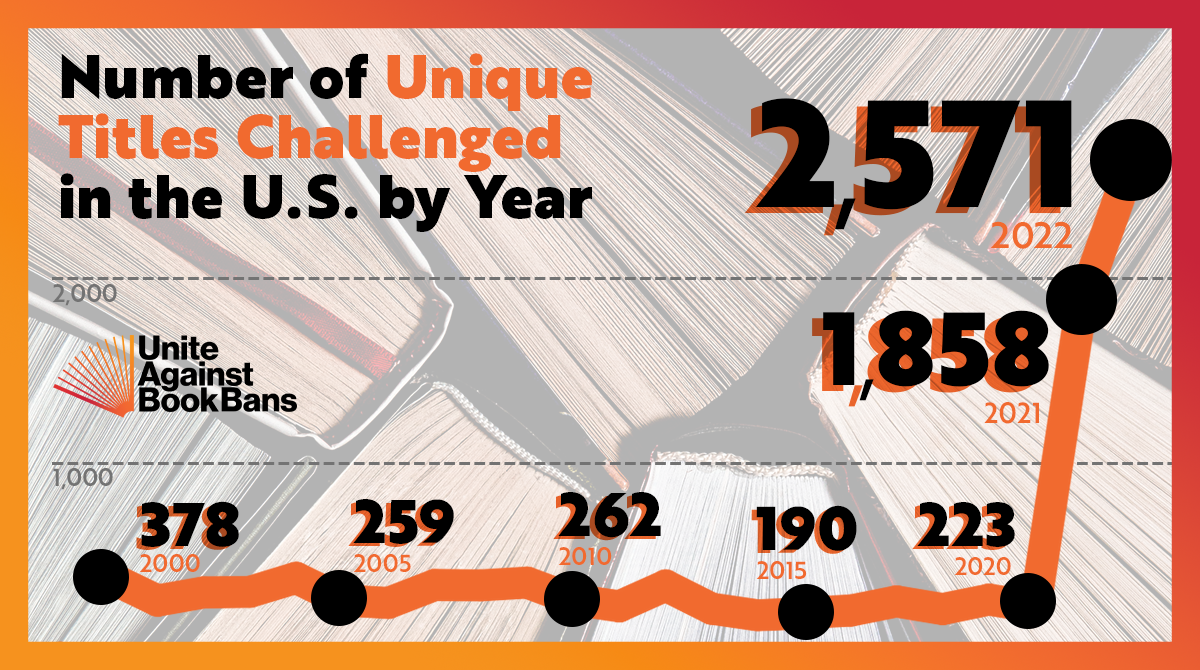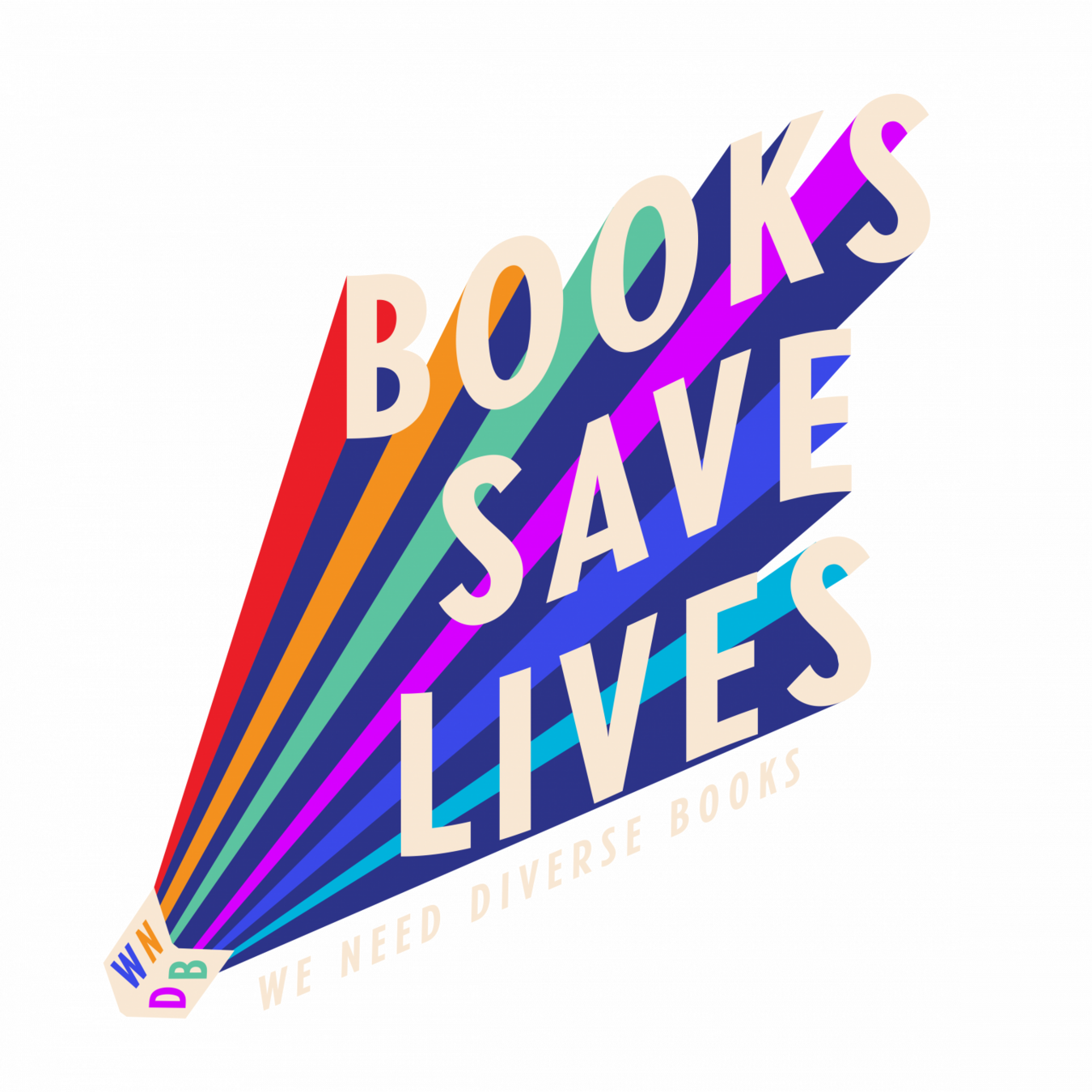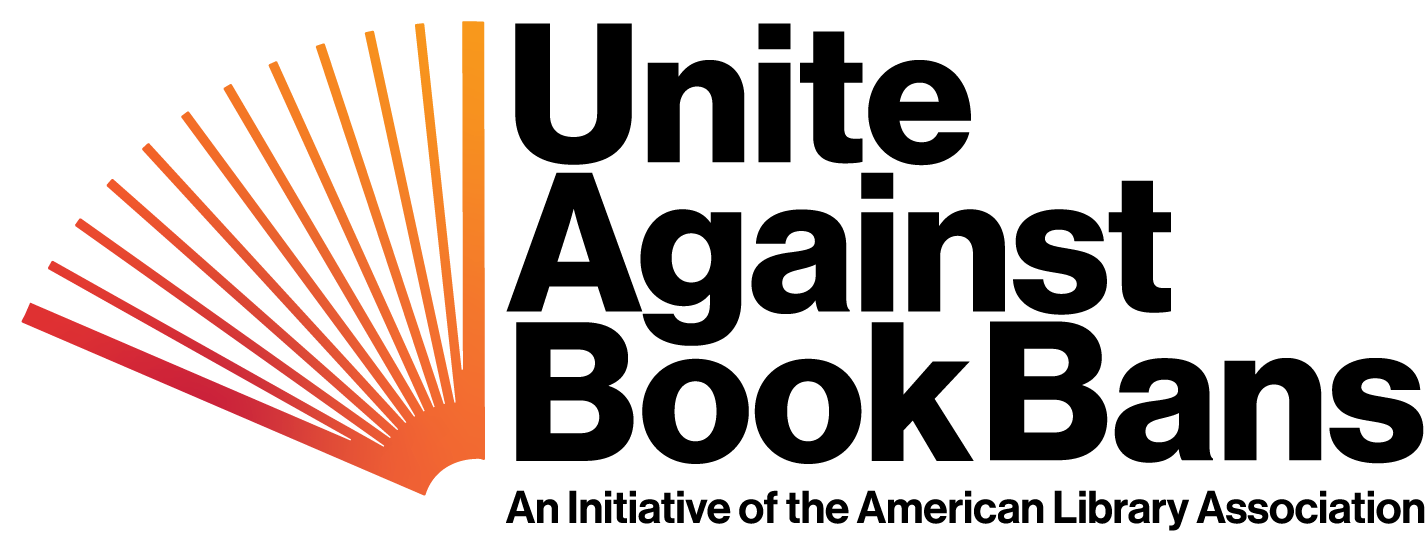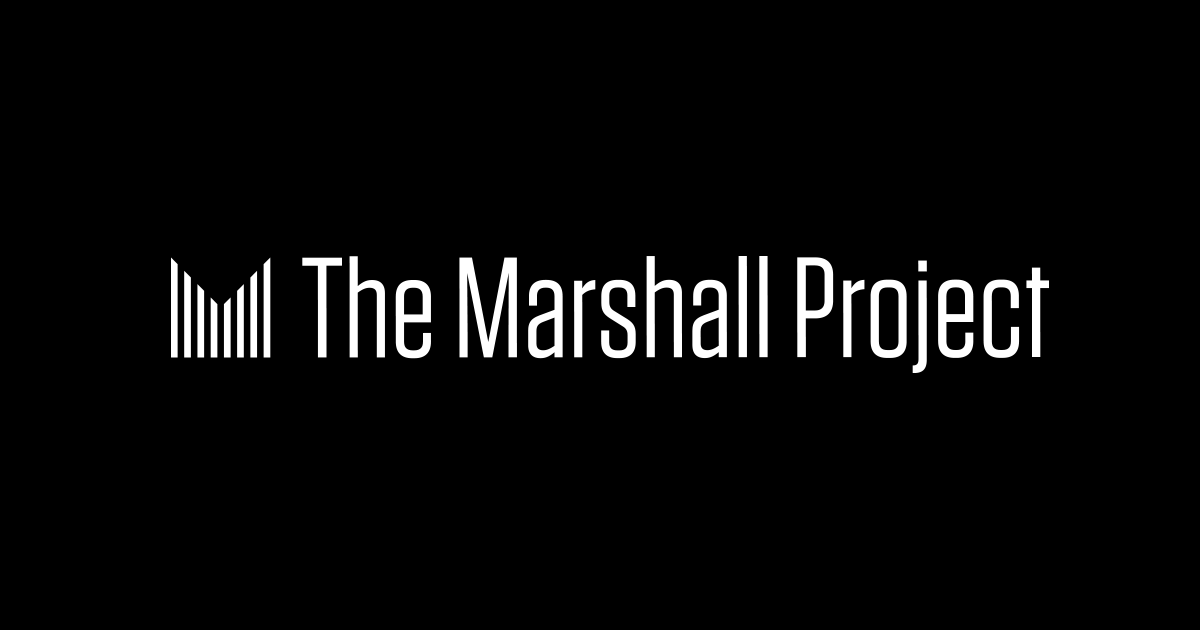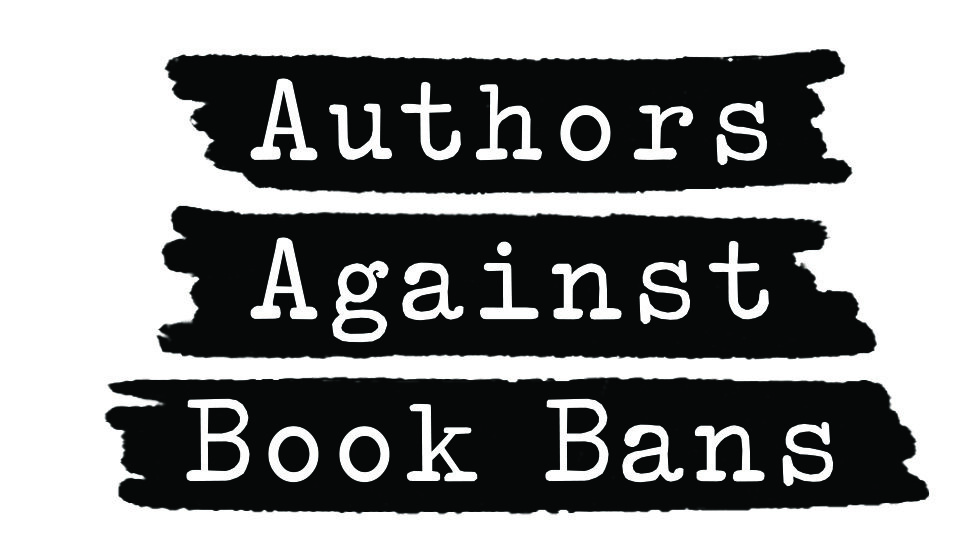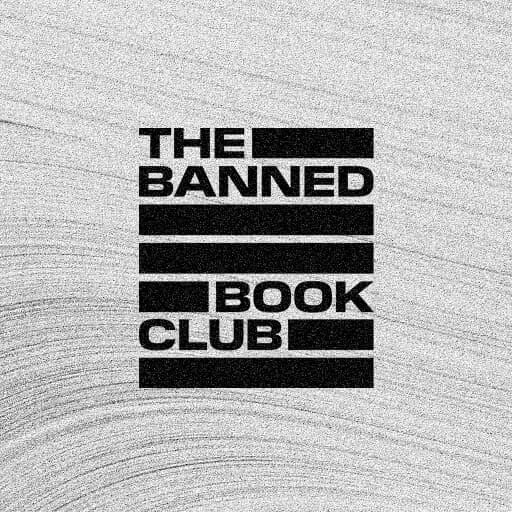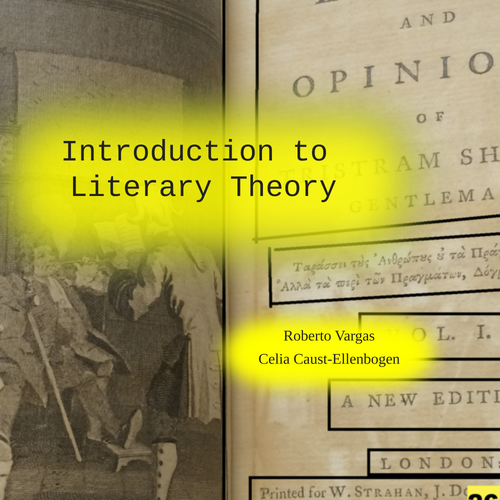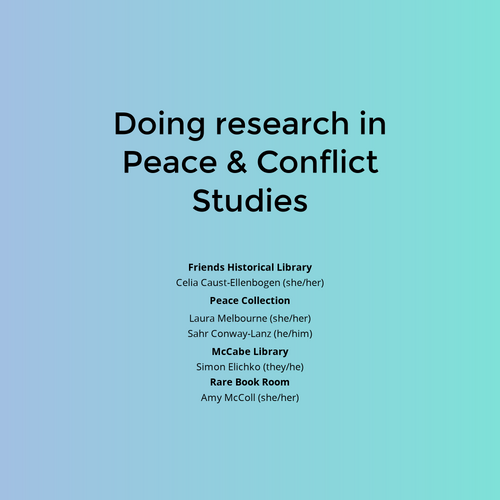thirty minutes on
Book Bans
in the US

Simon Elichko
Social Sciences & Data Librarian
What have you heard about books being challenged in US public schools and libraries?
Book challenges + bans
- Organized efforts to remove or restrict access to specific books in public libraries and schools
- May focus on a list of titles or a single book
- Usually results in some kind of review process
- After review, the book(s) may be removed permanently, restricted, or returned to the shelf
- Browse Book Resumes to learn about commonly challenged titles
Since 2021, we've seen a large and growing number of books being challenged in US public libraries and schools.

Although book challenges and bans have a long history, the past few years represent a significant increase in the number of challenges and titles impacted.
The Book Ban Mirage?
There's disagreement about the incidence and impact of book challenges in public schools and libraries.
Definitions. Some conservative and libertarian observers have criticized using the term "book bans." Impacted titles remain available outside of the school or library, rather than made illegal to buy or possess; challenged titles are sometimes returned to the shelf after review, while "ban" implies finality. They've also argued that efforts to restrict books for being racist, sexist, transphobic, ableist, or homophobic haven't received the same criticism.
Data. There are multiple observers of book challenges with significantly different methods of identifying, defining, counting, and categorizing incidents - so you see widely different numbers of challenges and titles being reported.
Yet, there's a consistently observed trend: Observers across the political spectrum have pointed to a significant increase in the frequency of book challenges starting after 2020. For example, data from libertarian think tank Cato shows a peak of reading materials-related incidents in 2022.
Books centering the voices and experiences of POC and/or LGBTQ+ folks are disproportionately impacted by this wave of book challenges:
in 2023, these were 47% of titles removed from schools.
Who is impacted?
Librarians, Teachers, Staff
Students
Parents
School Board
Community Members
Process and outcomes matter:
- Many books are eventually returned to the shelf
- Each challenge takes time and energy to respond to, displacing other activities (opportunity cost)
- Impacts of vitriolic (sometimes violent) rhetoric
- Lowered morale
Book challenges are not a new phenomenon – ALA reported nearly 1,000 book challenges in 1981 – but recent efforts are more coordinated:
-
"Advocacy groups are working to nationalize book challenges, this time with the help of conservative TV and talk shows, that for the past few decades have been mostly local events." (Washington Post)
- Local efforts are being supported and intensified by funding from wealthy donors
- Speed and ease of sharing via social media, collaborative documents, etc.
"Scarlet Letter" effect on both individual titles and on authors: books challenged in one school district are then challenged in others, and expanding from one title to everything an author has written (see PEN America)
Increase in state-level legislation impacting libraries, amplifying the effect of local book challenges
- State legislatures enacted 22 library-impacting laws in 2023 and 7 laws in 2024 (EveryLibrary)
- In 2024, 11 state-level laws were enacted to protect libraries and library workers
State-level laws restricting reading and speech in educational settings, including public higher education, and (more recently) federal efforts opposing DEI, "divisive concepts" etc.
See PEN America and AAUP on education, and Data Rescue Project for readings on federal changes
What is different about book bans from the past few years?

Multiple organizations are fighting back against censorship efforts:
See "Authors Against Book Bans Mobilizes" in Publishers Weekly
Several libraries are providing readers with access to books that are banned in their local communities.
Digital Public Library of America founded The Banned Book Club in 2023 "to provide anyone who is in a library that has banned a book access to the digital version for free."

Started by Brooklyn Public Library in 2022, Books Unbanned lets 13-21 year-olds apply for an e-card granting free online access to banned books. Since 2023, Boston, LA County, San Diego, and Seattle Libraries have joined this effort.
Learn more from BPL's podcast series Borrowed and Banned, or read this article in Library Journal.
(Hit a paywall? You can access Library Journal from Tripod.)
Consider also the most restricted reading environments in the US: prisons and jails.
PEN America's 2023 report Reading Between the Bars (2023) discusses the landscape of restrictions on reading in prisons, pointing to content-neutral and content-specific banning.
The Marshall Project created this database identifying over 50,000 books that have been banned in state prisons.
Learn more about prison libraries + librarianship:
Freedom Reads • Information censorship in the carceral system (Prism Reports) • Prison Banned Books Week • Law libraries that serve incarcerated people (Am. Assoc. Law Libraries) • Jail and Prison Services (Brooklyn Public Library)
How can you learn more?
- Find out where challenges are happening
- Read about state legislation
-
Learn about successful defenses against challenges
- For example, in Arkansas, Colorado and Alabama
- See more at Fight for the First
- Stay up to date by following Unite Against Book Bans and Marshall Project
-
Look out for research
- What book bans are doing to school library purchases (Eesha Pendharkar, Education Week)
- Book Bans in American Libraries: Impact of Politics on Inclusive Content Consumption (SSRN) (or see summary here)
-
Be active in your communities
- Many public libraries have a "Friends of the Library" group
Contact Simon if you'd like to talk more about any of this (or for research help!).
selichk1@swarthmore.edu
appointments - bit.ly/selichk1
Questions?
What's going on??
- Impact from a relatively small number of people
- Organized efforts
- Copy-and-paste activism (or borrowing of ideas?) -- "scarlet letter effect"
- Ease of participation
- Powerful funding & backing (see AAUP report about higher education)
- Polarization and echo chambers
- Francesca Tripodi on conservative media
- Matt Grossman and David Hopkins on the diploma divide
- School board elections that are increasingly politicized
- Increasing attention, commentary, discussion
- Cultural conflicts
- Shift in the locus of disputes over religion in schools (school prayer, evolution) to contestation over American history - as traced by Jonathan Zimmerman in Whose America? Culture Wars in American Public Schools (2nd ed, 2022)
- Book banning tied to larger parental rights discourse
- Close-reading (example from PEN America, research by Francesa Tripodi)
30 Minutes on Book Bans
By Swarthmore Reference
30 Minutes on Book Bans
- 594
